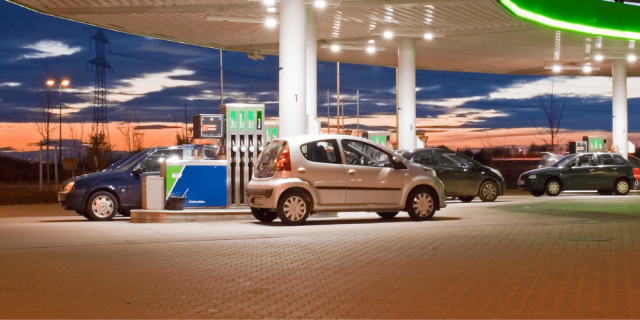Following the Spring Statement being announced by Chancellor Rishi Sunak on 23 March, Arval UK Consultant Richard Cox has summarised the five key points for fleets and their drivers to consider:
- Fuel duty reduction
For fleets running petrol and diesel vehicles, fuel duty has been reduced by 5 pence per litre for the next 12 months.
While this poses some reprieve to the rising fuel prices, fuel is one of the major cost elements within a vehicle’s ‘whole life cost’. Now more than ever, fleets can control spend in this area by considering all options in light of the changes, including enabling their drivers to have the opportunity to choose an electric vehicle using salary sacrifice and by revising company car choice lists, alongside other strategies to support greater electrification of their fleet, including commercial vehicles
- Benefit in Kind
There was no announcement regarding the BIK rate beyond the 24/25 tax year.
The Chancellor may take the opportunity to clarify this post 2025 in the Autumn Statement and while not having more foresight has implications for longer term fleet plans coupled with driver choices, the current low BIK rates on electrified vehicles remain unchanged and continue to provide an attractive incentive for drivers to choose an electric vehicle
- National insurance (NI) rate increase – Health and Social Care Levy (from April 2022)
For both employers and employees the rate will increase by an additional 1.25% in April, as previously announced in 2021.
Employers:
- will have to pay NI on both cash payments and on non-cash benefits, such as company cars
- the impact of this levy will be greater on cash payments and higher emission (50gKm+) cars than on electric and other lower emission cars, which attract preferential Benefit In Kind (BIK) rates and hence lower NI charges
Employees eligible for:
- a cash allowance will see a greater deduction for NI
- a salary sacrifice scheme will see a greater saving by exchanging salary for a car which has no NI liability – this is because a salary will attract a higher deduction for NI in the future and they can continue to take advantage of the low benefit in kind rate on electric vehicles until April 2024
- a company car will see no change because the increase in NI rate has no effect
- National Insurance (NI) threshold increase (from July 2022)
The increase in the threshold at which employees start to pay National Insurance from £9,570 to £12,570 will help to mitigate the Health and Social Care Levy for all employees, whether they have a company car or not
- Income tax reduction
The Chancellor announced the intention to reduce the basic rate of tax to 19% from April 2024, which has implications for employees and employers
This information has been collected from the Spring Statement, which is available in full on gov.uk.




